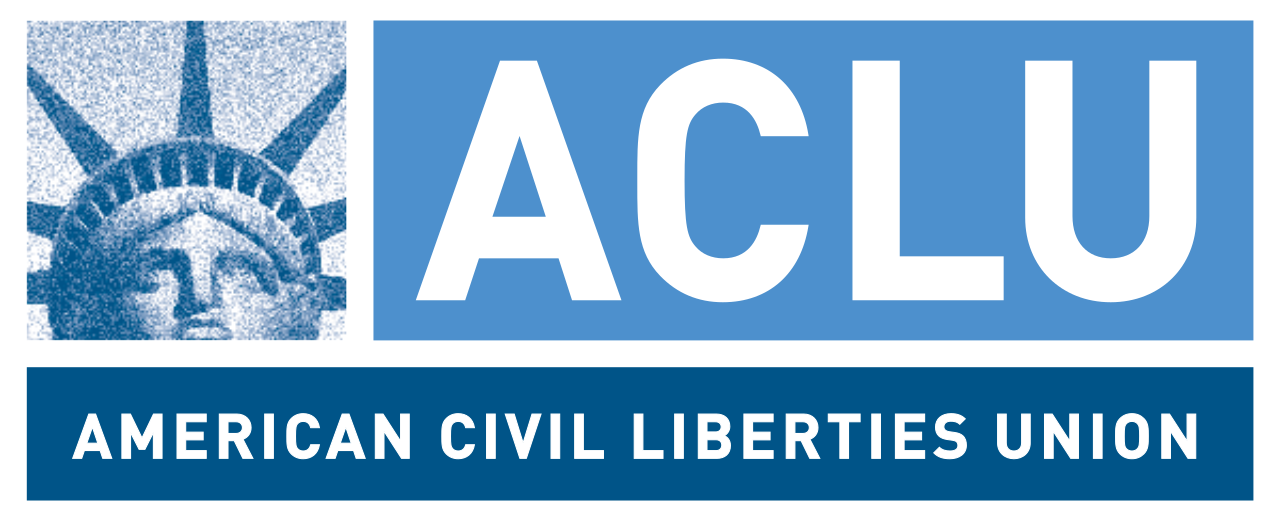Don’t be a “Verification Sucker” – When You’re Not in Kansas Anymore
When a debt collector sues you as the first thing you hear from it (they can do that), this does not give you a right to dispute and require verification. Your rights are through the legal process, and you must answer the petition or you will be defaulted. Sometimes debt collectors use people’s confusion over their rights and do things which suggest you could dispute the debt. This video discusses your rights.
You would be amazed how often people ask me whether they should “just send a verification letter” to the company or law firm when they get served with a debt lawsuit. Or as one person put it, “now that I’ve called the court to tell them I object, should I just send a verification letter? Or was that enough?”
No. It wasn’t enough – it wasn’t even anything at all.
Dispute and Verification
Click here for a copy of this article in pdf form: Don’t be Verification Sucker
Let’s take a quick step back here and review some facts and some rights.
When a debt collector first contacts you regarding a debt it is attempting to collect, it is required by law to provide you certain information. If the contact is not in writing, it must send you a notice in writing. If the contact is in writing, that contact must contain a notice. That notice must inform you of the debt collector’s identity, the nature and amount of the debt in question, and your right to dispute the debt and require verification. People often refer to this notice as the “verification letter,” although more properly it’s a notice of the right to dispute the debt. If you dispute, they must verify the debt before attempting to collect again, and you have thirty days to dispute the debt.
If they don’t want to attempt to collect again, they don’t need to dispute. It’s a law supposed to prevent continued attempts to collect on an unverified debt.
A Lawsuit is NOT a First Contact
If you’ve never heard from a debt collector, can they sue you for a past due debt? And if they do, must they give you notice of your right to dispute? Yes. And no. They can sue you without first bugging you for money. If they do sue you, the lawsuit is NOT a contact that triggers your right to dispute and verification. That’s what the Fair Debt Collection Practices Act (FDCPA) says, and the reason for that is simple: you’re in the court system and play by court rules once a lawsuit gets filed.
You Must Answer
And the court rules are that once you get served with a lawsuit you must file an Answer (or other “responsive filing” – a motion to dismiss, for example) or you will be in default. Put another way, if you don’t respond in court with an Answer denying liability or a motion to change or get rid of the lawsuit, you will lose. The lawsuit changes the rules, and you “aren’t in Kansas anymore.” [That’s what Dorothy says in the Wizard of Oz when all the weird things start happening.]
Don’t be a Verification Sucker
The debt lawyers know the rules very well, and one would like to think that it’s only an “excess of caution” that causes them sometimes to print the FDCPA language on their lawsuit. But given the fact that so many people have sent dispute letters instead of answers, and the fact that the debt collectors KNOW this, that might be naïve.
What I’m here to tell you is that whether or not such language is on your lawsuit, YOU MUST ANSWER THE SUIT or face a default judgment. Don’t be a sucker – file an Answer or other responsive document within the time allowed by the rules of civil procedure. You must defend yourself in court – you’re not in Kansas anymore, and the FDCPA no longer applies.
A Little Window, Maybe
Litigation does not technically rule out the FDCPA entirely, just the “first contact” rule. It may be that the debt collector’s attachment of the notice to a lawsuit is itself a violation of the FDCPA, as it may be an attempt to sucker you into seeking verification instead of answering the lawsuit. It might be an unfair attempt to get a default judgment. I have argued as much before. That might give you a counterclaim to their lawsuit.
And if you have sought verification rather than answering, and they got a default judgment, you should certainly consider moving to vacate that judgment either on the basis of that deception or your own confusion. The courts favor judgments on the merits rather than technicalities, so there’s a very good chance such a motion to vacate, if filed in time, would work.
But these are not exceptions to the rule that you must respond to the lawsuit in court. If you get sued, the FDCPA no longer applies in that way. You must respond or they will get a default judgment against you, and the next you will hear about it will be when they garnish your wages or bank accounts. Don’t let that happen.
Disputing and demanding verification would be much easier, no doubt, but it doesn’t work at this point.
Don’t look for the “easy” way. Look for the RIGHT way.


